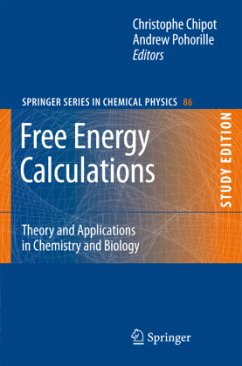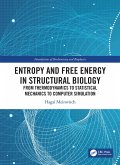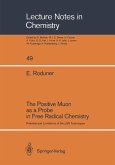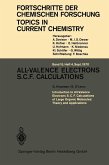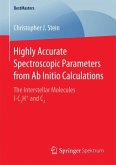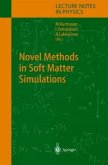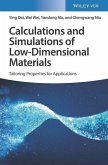Free energy constitutes the most important thermodynamic quantity to understand how chemical species recognize each other, associate or react. Examples of problems in which knowledge of the underlying free energy behaviour is required, include conformational equilibria and molecular association, partitioning between immiscible liquids, receptor-drug interaction, protein-protein and protein-DNA association, and protein stability.
This volume sets out to present a coherent and comprehensive account of the concepts that underlie different approaches devised for the determination of free energies. The reader will gain the necessary insight into the theoretical and computational foundations of the subject and will be presented with relevant applications from molecular-level modelling and simulations of chemical and biological systems. Both formally accurate and approximate methods are covered using both classical and quantum mechanical descriptions. A central theme of the book is that the wide variety of free energy calculation techniques available today can be understood as different implementations of a few basic principles.
The book is aimed at a broad readership of graduate students and researchers having a background in chemistry, physics, engineering and physical biology.
This volume sets out to present a coherent and comprehensive account of the concepts that underlie different approaches devised for the determination of free energies. The reader will gain the necessary insight into the theoretical and computational foundations of the subject and will be presented with relevant applications from molecular-level modelling and simulations of chemical and biological systems. Both formally accurate and approximate methods are covered using both classical and quantum mechanical descriptions. A central theme of the book is that the wide variety of free energy calculation techniques available today can be understood as different implementations of a few basic principles.
The book is aimed at a broad readership of graduate students and researchers having a background in chemistry, physics, engineering and physical biology.
From the reviews:
"This is a welcome book for computational chemists. ... the book assumes an advanced knowledge of graduate and research-level statistical mechanics. ... The book can be highly recommended to serious practitioners who carry out or plan to carry out, proper liquid-phase simulations of free energy changes or equilibrium constants by the molecular dynamics method."
(Donald G. Truhlar, Theoretical Chemistry Accounts, Vol. 121, 2008)
"This is a welcome book for computational chemists. ... the book assumes an advanced knowledge of graduate and research-level statistical mechanics. ... The book can be highly recommended to serious practitioners who carry out or plan to carry out, proper liquid-phase simulations of free energy changes or equilibrium constants by the molecular dynamics method."
(Donald G. Truhlar, Theoretical Chemistry Accounts, Vol. 121, 2008)

